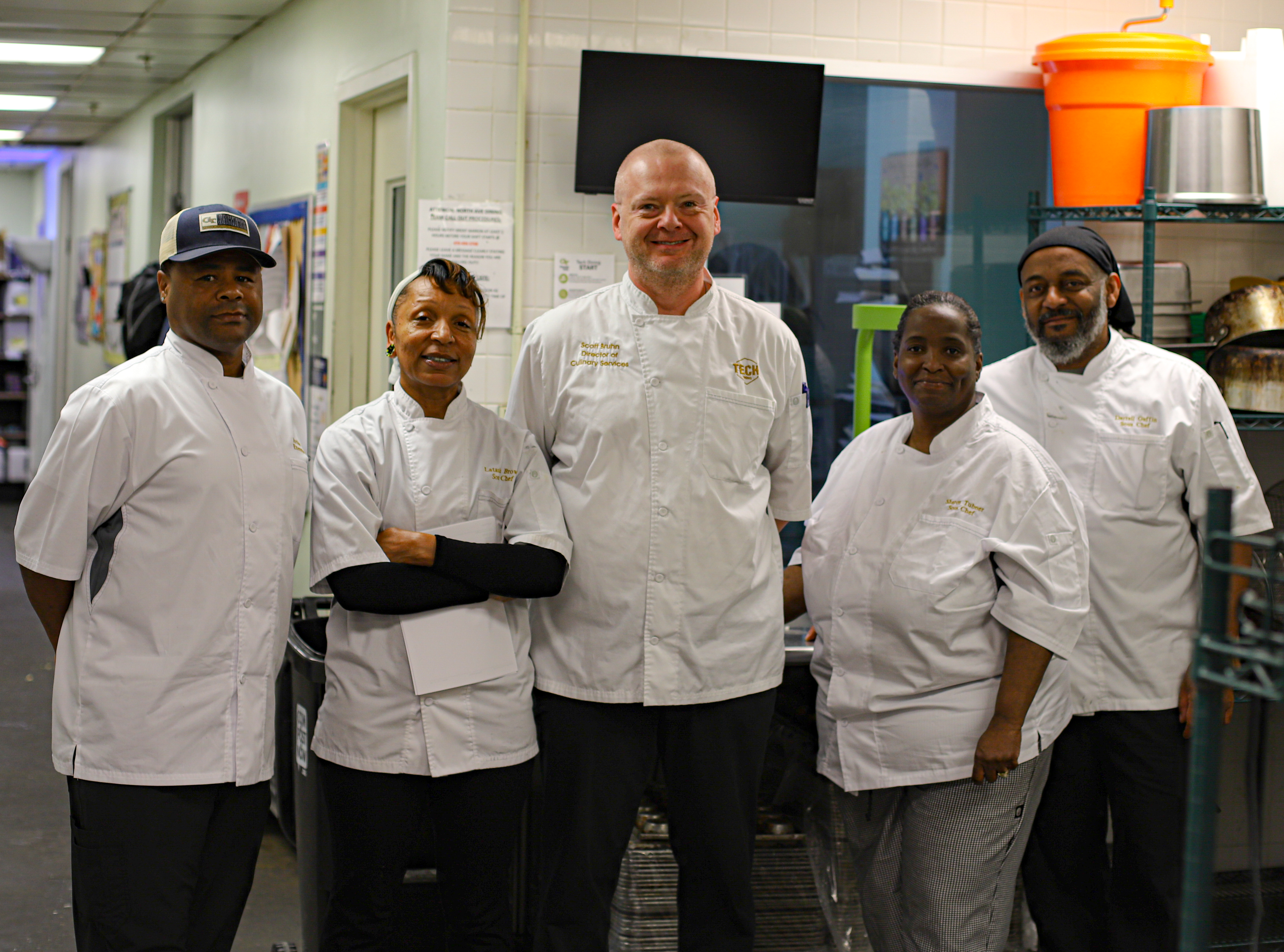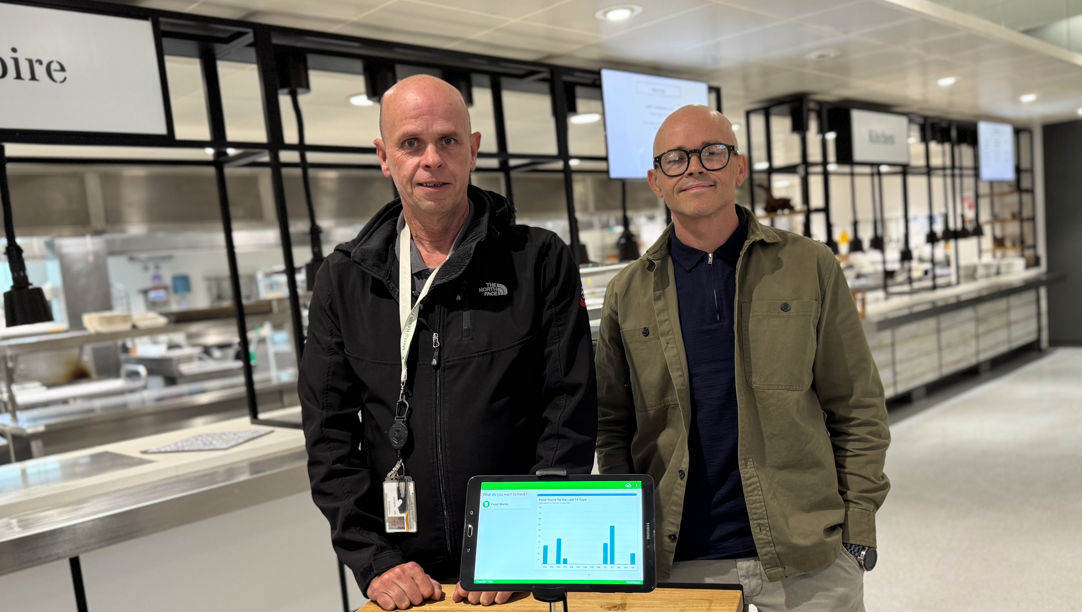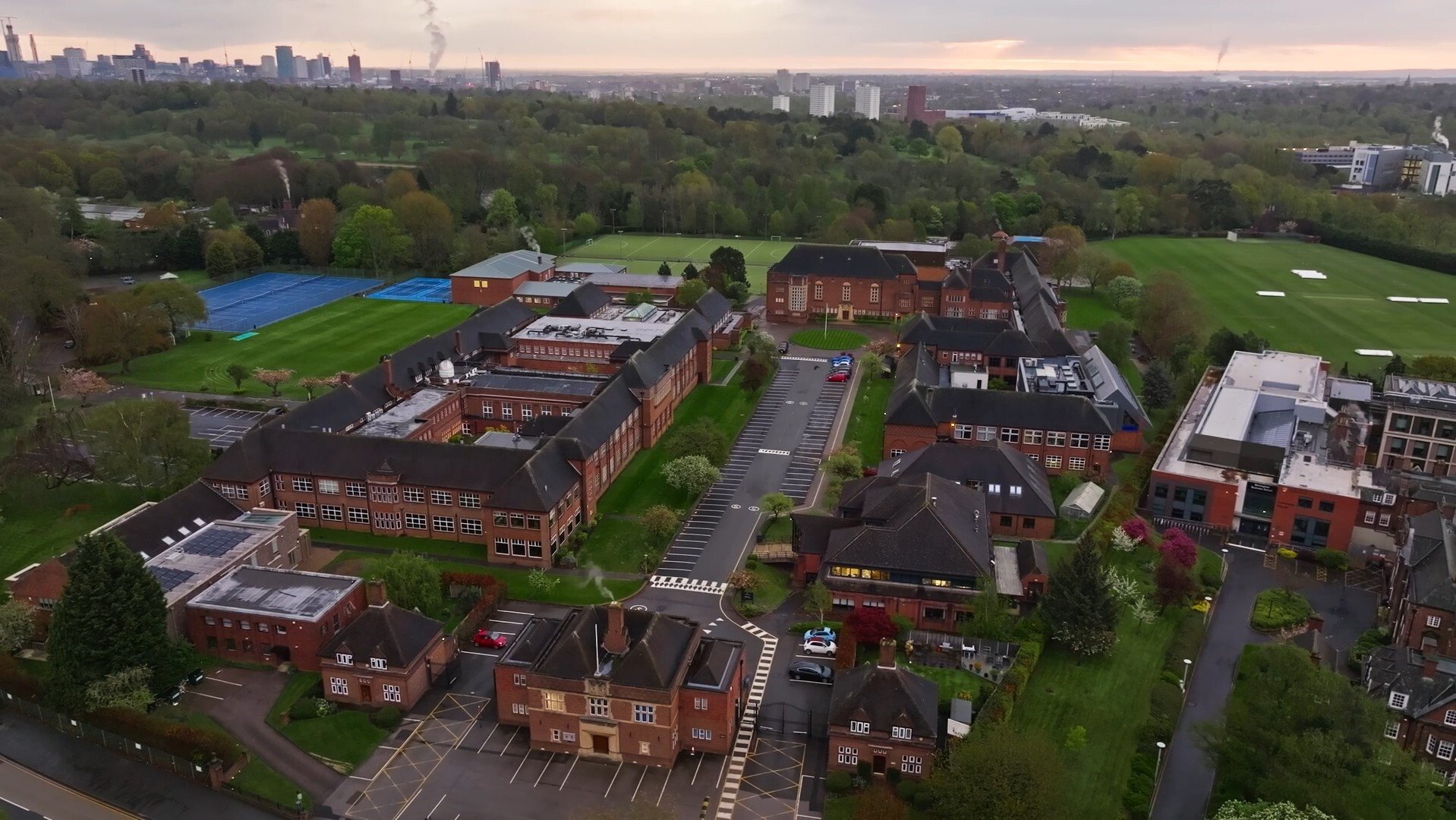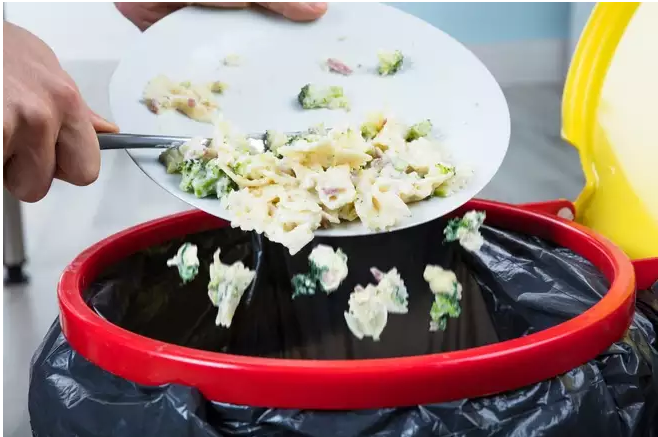Food Waste Intelligence

Five years ago, Georgia Tech transitioned from a contract-managed model to a self-operation dining program. With a massive operation serving 7,000 to 8,000 meals a day in dining halls alone, the Institute needed a way to manage tight margins and rising food costs.
Read More >>Topics:
Case Study
Food waste is a challenge that impacts every facet of the foodservice industry, from financial viability to environmental responsibility. For Sodexo, managing the extensive foodservice operation at a large B&I client facility in the UK, tackling food waste became a top priority. Through a strategic partnership with Leanpath, they've not only significantly reduced their waste but also cultivated a culture of prevention among their staff.
Read More >>Topics:
Client Success
Kathy Cacciola, Google's Global Sustainability Lead - Food Program, recently participated in a panel discussion at the ReFed Food Waste Summit titled "Subtle but Successful: Hidden Solutions to Food Waste." As a Leanpath client, Google has made significant strides in food waste reduction, driven by a public goal of reducing food waste by 50% per Googler by the end of 2025 and achieving zero food waste to landfill. Here are the takeaways from this ReFed discussion.
Read More >>Topics:
Client Success
The King Edward’s Trust is 10 secondary schools and 10,500 students in Birmingham, England, with foodservice operated by Alliance in Partnership (AIP)/Sodexo. Since 2023, the school kitchen teams have tracked and prevented food waste using Leanpath’s intelligent food waste management system and together have reduced their waste by 40 percent, with a reduction in the value of their food waste of 50 percent.
Read More >>Topics:
Case Study
For foodservice operators, managing costs has always been a balancing act—but in today’s economy, that balance is becoming harder to maintain. Rising food prices, supply chain disruptions, and inflationary pressures are already squeezing margins, and now, new tariffs on imported goods are set to make food even more expensive. With these financial challenges looming, preventing food waste is no longer just a sustainability goal—it’s a crucial business strategy for survival.
Read More >>